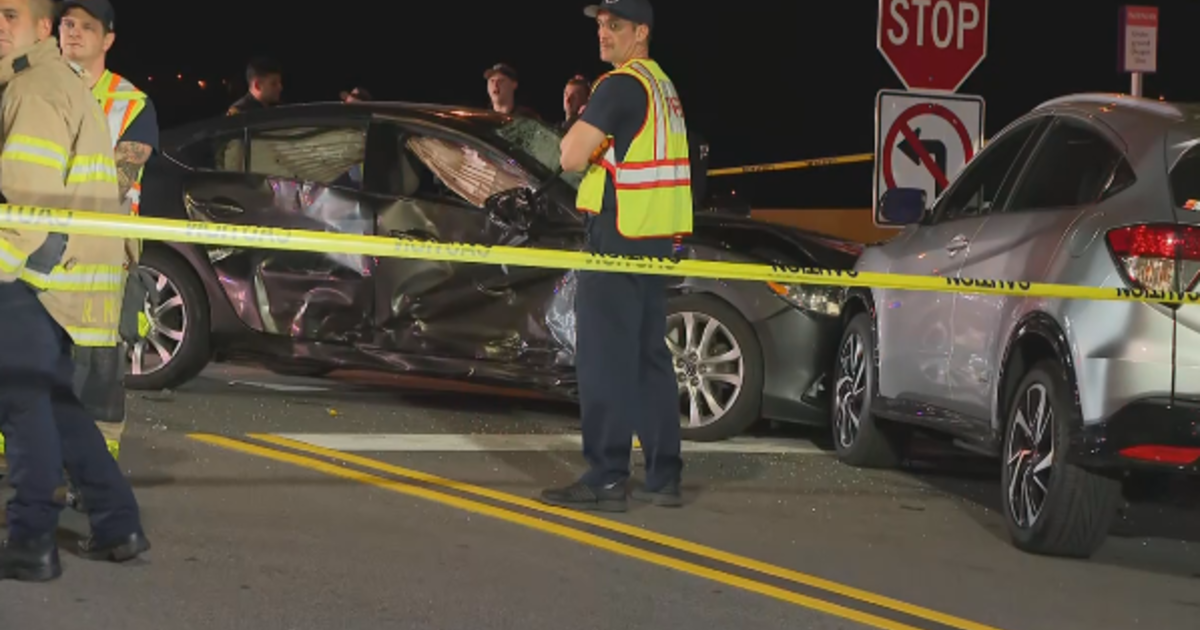Local Company Revolutionizing DNA Analysis
PITTSBURGH (KDKA) - The world of crime scene analysis is constantly advancing and now it has taken a giant step forward.
Computer technology is now solving murder cases worldwide and it was developed and is being employed in Pittsburgh.
KDKA Investigator Andy Sheehan reports that among the firm's recent achievements is the conviction of an international terrorist.
After four decades of bloody conflict, peace had finally come to Northern Ireland. However, that peace was shattered in 2009 with the murder of two British soldiers.
"They were very young men. They were preparing to go to Afghanistan to serve their country and they did not deserve to be gunned down in the manner that they were," Justyn Galloway of the Northern Ireland Police said.
The Northern Ireland Police found a burned out car, which was torched by the suspected gunmen to hide the evidence.
To analyze what remained, they turned to a Pittsburgh firm called Cybergenetics and its founder, Mark Perlin.
"They also found DNA on this belt buckle. DNA that had been found on a cell phone used to make a call about the attack. As well as well as a match stick that was found at the side of the road used to torch the car," Perlin aid.
Perlin's process succeeded where standard DNA analysis fell short.
Feeding the DNA evidence into a supercomputer, Cybergenetics analyzed miniscule samples of DNA and made matches. They established at a probability of a million to one that the DNA belonged to terrorist Brian Shivers.
"That evidence established that the defendant held the matchstick that was believed to have been used to light the car," Perlin said.
Shivers was convicted of the double-murder and is serving life in prison in Northern Ireland. However, Perlin and Cybergenetics have helped convict others closer to home.
DNA analysis from Cybergenetics led to the conviction of former State Trooper Kevin Foley in the murder of Indiana County dentist John Yelenic.
Perlin analyzed a sample of DNA from under the victim's fingernails. It was a mixture of the victim's and another person's.
Cybergenetics established at a probability of 189 billion to one that that other person was Foley.
Just this month, Foley's conviction and Cybergenetics' process was upheld by the state appeals courts.
As a way of saying thank you, Galloway came to Pittsburgh and told an audience at the Allegheny County Courthouse about the potential of this new technology.
"It has already opened the way for investigations in Northern Ireland and others on the mainland of the United Kingdom," Galloway said.
Cybergenetics is currently working on cases right here in southwestern Pennsylvania.
However it has many purposes.
In fact, it was instrumental in analyzing and identifying victims in the Sept. 11 attack on the World Trade Center.
Cybergenetics computers analyzed 18,000 separate remains and gave solace to grieving families.
RELATED LINKS



